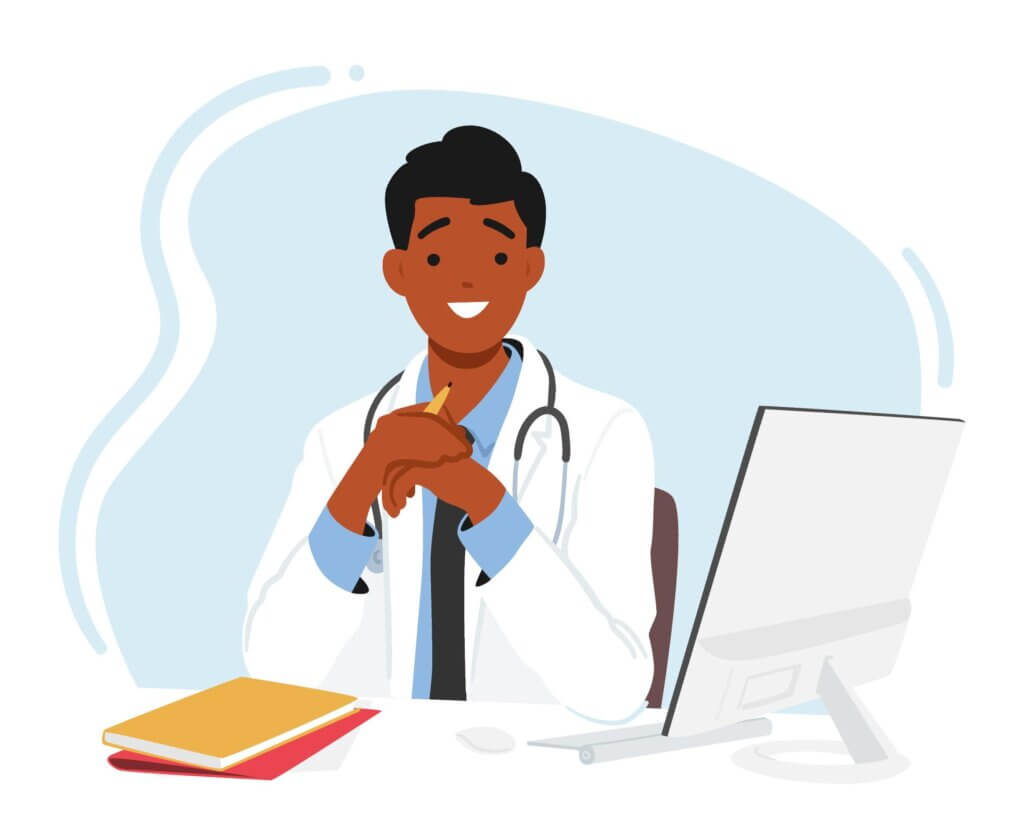Many people think their doctor knows best — and that is often true. When a child is diagnosed with cancer, the diagnosis and treatment options can be overwhelming, and parents might not initially consider the idea of consulting another doctor or institution. But what if another doctor could offer a better approach to your child’s cancer treatment, or even just help you confirm that your child is getting the best care possible?
If you are the parent of a child who has been diagnosed with a form of pediatric cancer, one way you can take an active role in your child’s care is to seek a second professional opinion. It is most often worth it to seek a professional opinion, especially for a disease as complex as cancer.
Do I have to tell my child’s current oncologist about my decision to seek a second opinion?
You should – and often, have to – tell your child’s current oncologist first if you are obtaining a second opinion. Not only will you need to consent that your child’s medical records be released and sent to another institution, in many cases, that institution will not see you if they have not consulted with your current oncologist.

“Pediatric oncologists are especially understanding that parents just want to do what is best for their child,” says Jill Ilie, Disease Center Operations Manager at Dana-Farber Cancer Institute. “It’s important to open channels of communication for both oncologists so that they can be aligned on your child’s health status and coordinate the best possible care.”
More often than not, doctors actually welcome the idea of seeking a second opinion, and may even encourage it proactively. In fact, Jill estimates about half of the phone calls she receives about seeking a second opinion are actually from oncologists, on behalf of a patient.
How do I obtain the second opinion? How do I choose where to go?
There are usually two options for going about obtaining a second professional opinion: an in-person appointment or a remote, online evaluation. You can call or otherwise reach out to the hospital and make an in-person appointment, explaining to a new patient coordinator that you are seeking a second opinion.
However, there is a common misconception that obtaining a second opinion means that the new hospital will take you on as a patient. In fact, most often, the doctor giving the second opinion will agree with the treatment plan given by your current oncologist. In some cases, the doctor may recommend a different treatment protocol. In rare circumstances – for example, if all other treatment options have failed – care may be transferred to another hospital to pursue options like clinical trials.
Many hospitals, including Dana-Farber/Boston Children’s Cancer and Blood Disorders Center and Dana-Farber/Brigham and Women’s Cancer Center, have an online second opinion program. Healthcare companies like Grand Rounds facilitate online second opinions by connecting patients near and far to specialty care.
One thing to be mindful of, however, is that a remote evaluation from a doctor at another institution does not come free of charge – this can be a common misconception.
Because pediatric cancer is so rare, you might want the opinion of a hospital with a strong expertise and career specialists in a particular area. Research and proximity to another hospital can certainly guide your search for a second opinion, or, your child’s current oncologist may have a recommendation.
Why should I do it? Is there any reason not to?
Seeking a second opinion may be necessary if your child has an especially rare cancer. In these cases, it will often be the oncologist who recommends the second opinion as he or she may not be as familiar with the cancer, or they may know of an institution that specializes in this rare cancer. In many circumstances, getting a second opinion is simply a way to give patients or caregivers a bit more confidence and security during a time with so much uncertainty.
“The only potential setback of seeking a second opinion is that, if it’s very important for your child’s treatment to begin immediately, a second opinion may delay this,” says Ilie.
While it may be worth the security of knowing you are on the right path, it’s important to remember that second opinions could possibly delay treatment. Second opinions may also not be necessary for a very common cancer with a very straightforward protocol.
Learn more about treatment for pediatric cancer from Dana-Farber/Boston Children’s Cancer and Blood Disorders Center.
